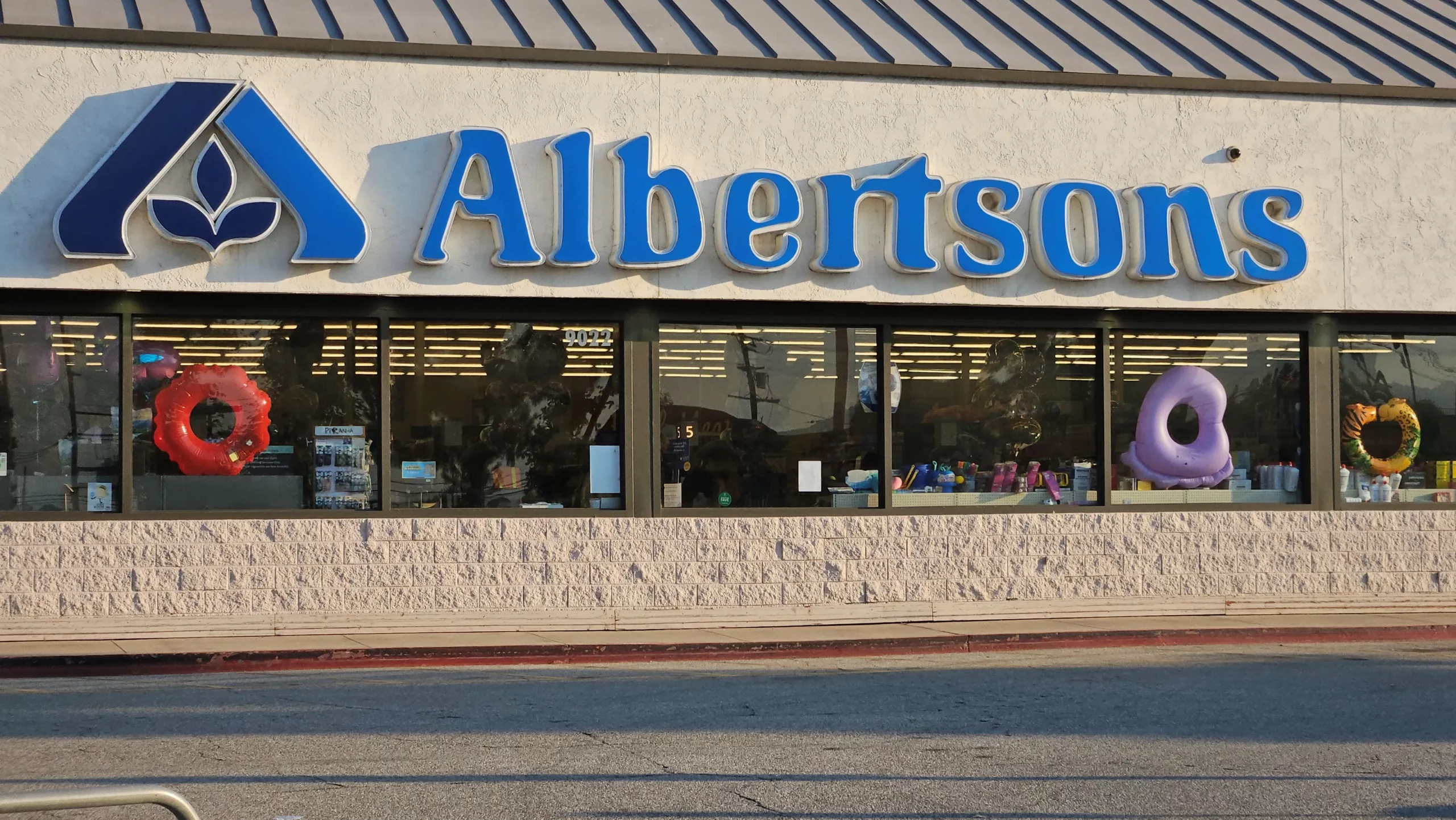Albertsons announced on Wednesday that it has decided to withdraw from its $25 billion merger agreement with Kroger and is suing the rival company for failing to secure regulatory approval, following unfavorable rulings from both federal and state judges on Tuesday.
The proposed merger, which would have been the largest in U.S. grocery history, encountered three legal obstacles, including one from the Federal Trade Commission. These challenges stemmed from fears that the merger would diminish competition and increase prices. U.S. District Court Judge Adrienne Nelson in Oregon issued a temporary block on the merger, siding with federal regulators who argued that the merger would harm competition, consumers, and workers.
Within an hour, a Washington State court judge, Marshall Ferguson, also ruled against the merger, adding another legal barrier for the companies.
In a statement, Albertsons CEO Vivek Sankaran expressed disappointment, stating, “Given the recent federal and state court decisions to block our proposed merger with Kroger, we have made the difficult decision to terminate the merger agreement.”
Albertsons also revealed that it has filed a lawsuit in the Delaware Court of Chancery against Kroger, seeking billions in damages. The lawsuit claims that Kroger did not make sufficient efforts to obtain regulatory approval, failed to divest necessary assets, ignored regulators’ feedback, and rejected qualified buyers for divested stores.
Kroger’s spokesperson Erin Rolfes countered Albertsons’ allegations, labeling them as “without merit” and accusing Albertsons of repeatedly breaching the merger agreement. Rolfes asserted that Kroger will address these unfounded claims in court, emphasizing the company’s commitment to upholding the merger agreement throughout the regulatory process.
Over the past two years, the supermarket chains have invested hundreds of millions of dollars into the merger, which aimed to create a $200 billion enterprise with 5,000 stores nationwide. They contended that the merger was essential for competing with industry giants like Walmart and Amazon and would result in lower prices for consumers.
However, the Federal Trade Commission argued that the merger would reduce direct competition in more than 1,000 communities, leading to higher prices and lower quality. The FTC also expressed concerns that the merger would weaken the bargaining power of unions and negatively impact the 700,000 employees of the combined companies.
The two companies have significant market overlap in cities like Los Angeles, Seattle, and Chicago. Kroger had proposed selling 579 Kroger and Albertsons stores to C&S Wholesale Grocers to address market concentration concerns, but regulators were doubtful that these divestitures would mitigate competition issues.
The federal court’s decision in Oregon marked a final victory for Lina Khan, the outgoing FTC chair, who has been a staunch advocate for curbing the influence of major corporations. On Tuesday, President-elect Donald J. Trump announced Andrew Ferguson, a Republican commissioner, as her successor.
On Wednesday, Albertsons’ shares dropped by approximately 1.5%, while Kroger’s stock saw a 1% increase.
Souce: https://www.nytimes.com/2024/12/11/business/albertsons-kroger-merger-deal.html

